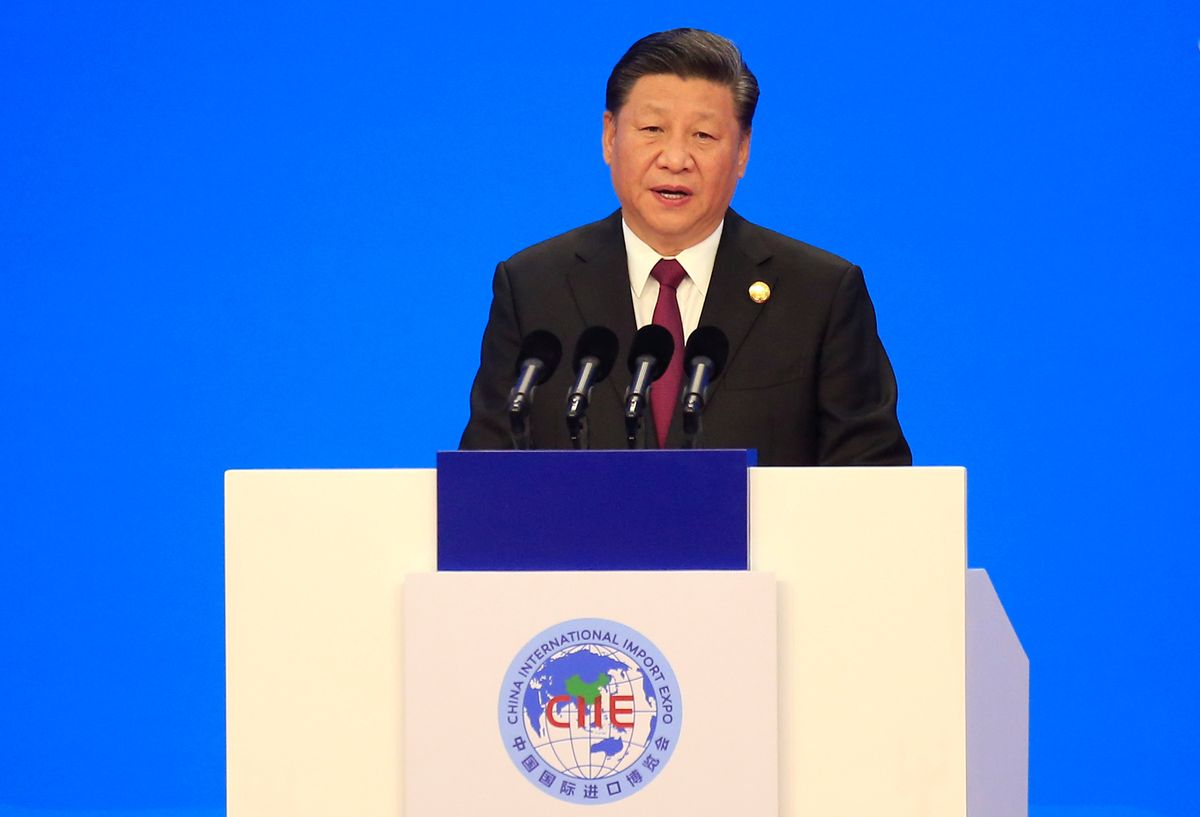The past few days have been a mini-roller coaster for those of us watching the increasingly fraught relationship between the US and China. Late last week, President Trump announced that he’d had a good chat with his Chinese counterpart Xi Jinping, bolstering hopes of a breakthrough on trade when the two men get together at the G20 meetings in Argentina later this month.
Then, over the weekend, Mr. Xi took an implicit swipe at the US, warning against its “law of the jungle” approach to global trade. Yesterday, Mr. Xi's top adviser Wang Qishan struck a softer tone, telling the Bloomberg New Economy Forum that China is open to working things out with Washington. But with a catch: China, he said, would not be "bullied and oppressed by imperialist powers."
As a reminder, over the past several months, China and the US have slapped tariffs on more than $360 billion worth of each other's goods. Trump is prepared to up the ante further if the Chinese don't agree to key demands, such as cutting support for Chinese firms and ending the squeeze of sensitive technologies from Western ones.
The trouble is that China isn't in much of a mood to capitulate. President Trump is, of course, on (very) firm ground when he says that China has, for many years, gotten away with unfairly supporting its own state companies while extracting technology from foreign ones as the price of entry into China's massive market.
But from Beijing's perspective, as Mr. Wang's comments make clear, what's at stake here isn't just the narrow issue of trade, industrial policy, or technology. It's about something bigger: China's rise as a world power. In Washington's attempts to change a state-backed economic model that has made China powerful, the Communist Party leadership sees a replay of old Western attempts to stifle China's bid to "take center stage globally" as President Xi put it last year.
Few issues in global affairs are as pressing today as the question of whether the world's two largest economies can reconcile what appear to be increasingly divergent national interests. To quote one seasoned observer not given to hyperbole – their failure to do so would "destroy hope for the world order."


















